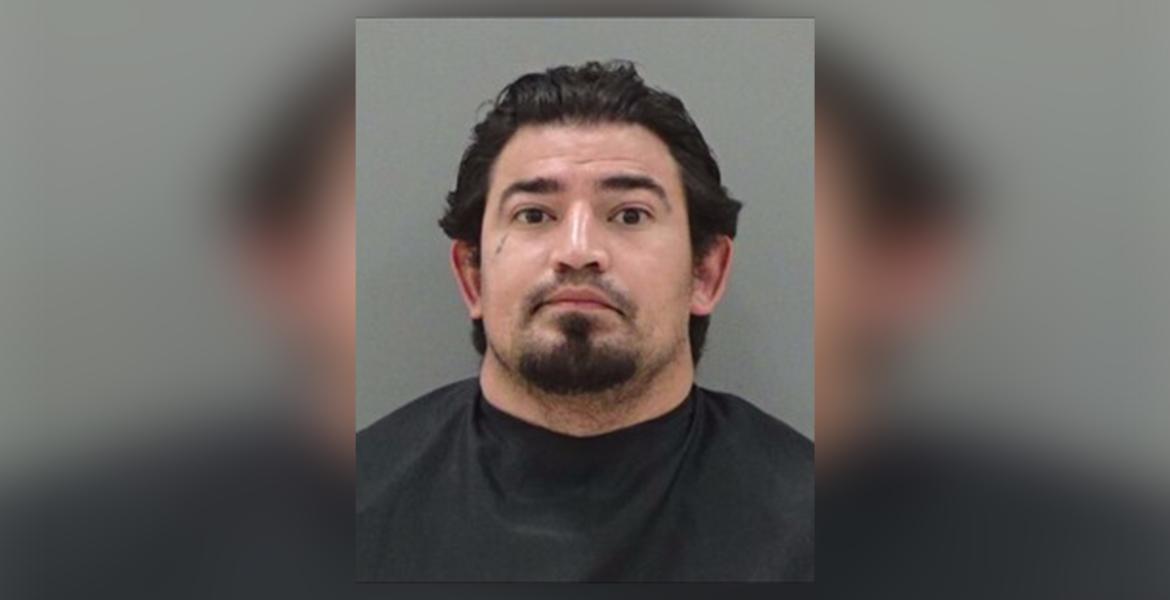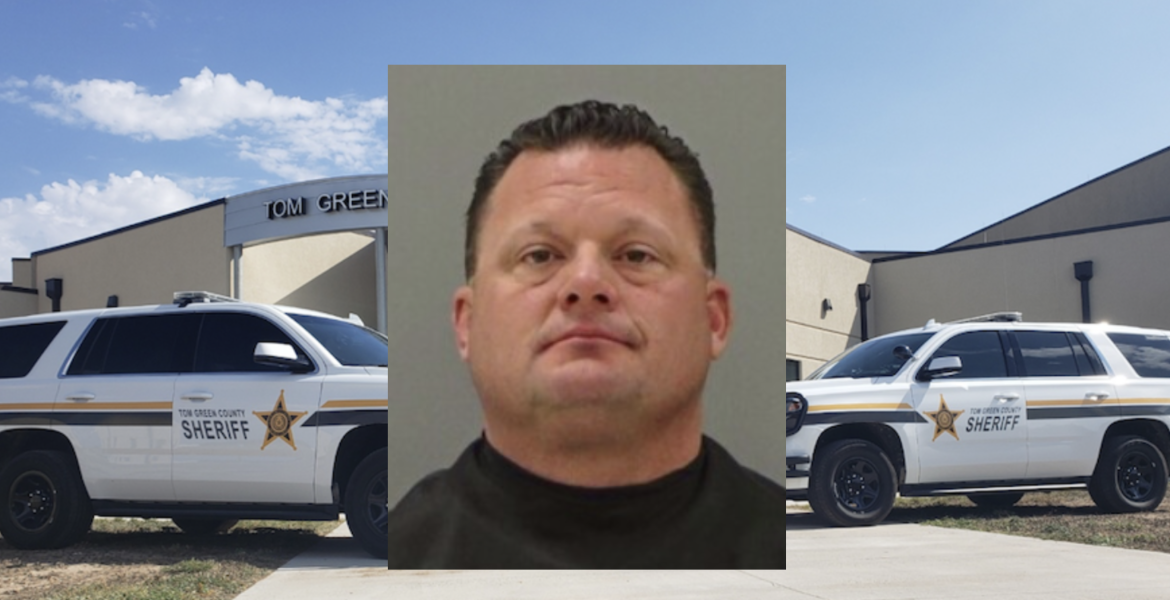SAN ANGELO, TX - Jimmy Martinez, 37, charged with aggravated sexual assault of a minor from a trial in May of 1999, was in the Tom Green County Court Monday afternoon to request forensic DNA testing of evidence not used in the case previously. Martinez was not present in the courtroom.
Martinez was sentenced to 40 years confinement in penitentiary and is a registered sex offender. He pleaded not guilty during the trial. Since that day, Martinez wrote letters to the court asking for his case to be appealed and maintains his innocence. In May of 1999, Martinez wrote a letter to Judge Sutton requesting the appointment for an attorney to appeal his case. Martinez stated in the letter that he was not working and could not afford to pay for an attorney.
On Oct. 4, 2013, Martinez wrote a letter to District Clerk Sheri Woodfin, where he outlined when he would motion for habeas corpus (a recourse in the law challenging the reasons or conditions of a person’s confinement). The original motion for forensic testing was taken on Feb. 18, 2014 by the court.
At Monday's Motion Hearing, Martinez's current attorney, Andrew Graves, made supplemental requests to the 119th Judicial District court's Honorable Judge Ben Woodward. Two of the three requests were made court orders, but the other was denied.
The Judge's’ Orders:
1) The court ordered for a motion that DNA testing of evidence previously used in the trial containing biological material be compared with the databases of the FBI and the Texas Department of Public Safety (DPS).
2) That DNA testing be done on the sexual assault kit deemed “additional evidence,” if it still exists. The court hadn’t run tests on all the items within the evidence of the victim, or Martinez, prior to the trial. The court ordered on May 20, 2015 that DPS conduct forensic testing on “a pair of shorts Tag 60841”- in possession of the San Angelo Police Department. The court believes the evidence is in condition to still undergo forensic tests.
The motion that was denied was a request by Martinez to have biological materials tested for the presence of sexually transmitted diseases. Judge Woodward took the ruling that, under article 64, the basis of this appeal, specific DNA material can be tested as a means of identification. However, according to Woodward’s ruling, that does not cover non-DNA testing, like sexually transmitted diseases.
The report filed to the court notes, “The Defendant’s Motion for Forensic DNA Testing pointed out all physical evidence the State relied on to connect the Defendant to having committed [the crime] against the victim.”
It also says the Defendant and Victim both tested positive for the same type of gonorrhea. However, Martinez claims that he and his common-law wife had Chlamydia. His common-law wife had been tested, but he was not, nor was the victim. Therefore, he requested both he and the victim be tested "to find if the Defendant was, in fact, the culprit of the alleged offense." However, Martinez's request to be tested for Chlamydia was denied.
The court document disclosed that a “reasonable probability” exists that Martinez would not have been prosecuted or convicted had exculpatory (evidence in favor of the defendant in the trial) results been obtained through extensive DNA testing and the testing of Chlamydia.
Woodward told Martinez's attorney that, regardless of these requested tests, the evidence “certainly does not clear your client.”
Judge Woodward asked that Graves write the three orders from the hearing today based on the information outlined above.
“Get me an order to that effect, and we will take it from there,” Woodward said.
After the results come back from the lab and database searches, Graves said there will be a future court date set to discuss those results.
Subscribe to the LIVE! Daily
Required






Post a comment to this article here: